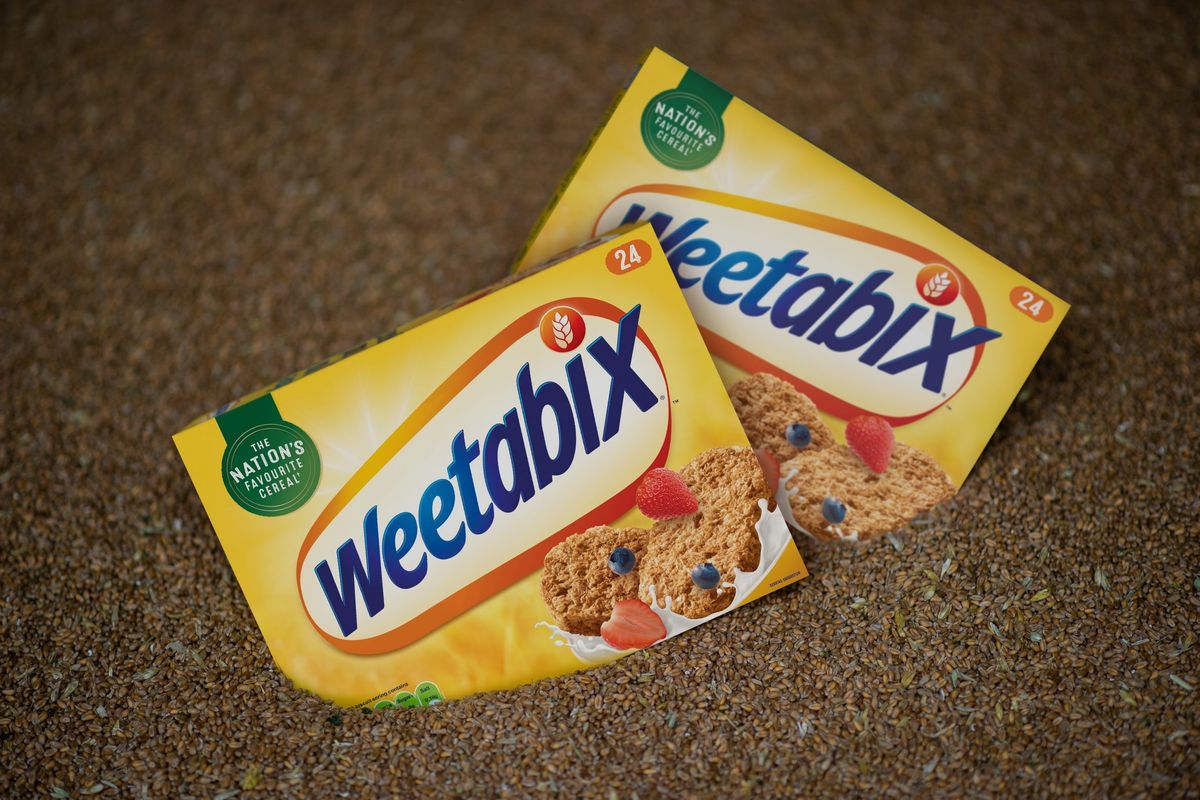The Weetabix Food Company said 100 per cent of the packaging used across their entire product portfolio is now designed to be fully recyclable.
The business has reached this key sustainability milestone two years ahead of schedule after significant investment to meet this goal before 2025 in accordance with WRAP deadlines.
All paper-based packaging components and Weetabix On The Go drinks bottles are widely recyclable at home, and plastic wrap components can be recycled with soft plastics at most major supermarkets.
Even as the cost-of-living crisis has made value for money the primary purchase driver, consumers are still preoccupied with living sustainably and the eco-credentials of the products that they buy, the business said. Weetabix is purchased by 9.5 million UK households, and these packaging changes will reduce the company’s carbon footprint by 648.4 tonnes per year.
“The final piece of the sustainable packaging puzzle for us was bringing Alpen 1.1kg inner bags and Ready brek sachets in line with the credentials of the rest of our materials,” said Mark Tyrrell, packaging development manager at Weetabix Food Company.
“We did extensive testing with our supplier to come up with recyclable film options that would run smoothly on our machines.These new recyclable films ensure there is no compromise on product freshness, meaning that our consumers can be confident of the same great Weetabix quality and taste whilst knowing they are using their purchasing power for the good of the planet.”
Tyrrell said the next step for the company will be to further reduce the carbon footprint of the packaging, as contributing factor to Weetabix’s commitment to producing the first zero carbon box of cereal, and the wider ambition of operating as a net zero business by 2050.
Lorraine Rothwell, Head of Weetabix Brand, added: “With costs rising in almost every part of our daily lives, there has never been more demand for affordable meal solutions. You can buy a box of Weetabix for less than the price of a cup of high-street coffee, and feed a family of four breakfast for £1 per occasion.”
“But Weetabix is committed to giving you more with every box – not just great nutrition at a great price, but investment in crucial charities like Magic Breakfast and FareShare, and robust sustainability credentials that make a real difference to both our local and global communities.
“Weetabix celebrated its 90th birthday last year – proof that our pledges and commitments have weight and longevity and need to deliver in more than just the short term. We want the changes we make today to still be improving the lives of people and the health of the planet 90 years from now.”


